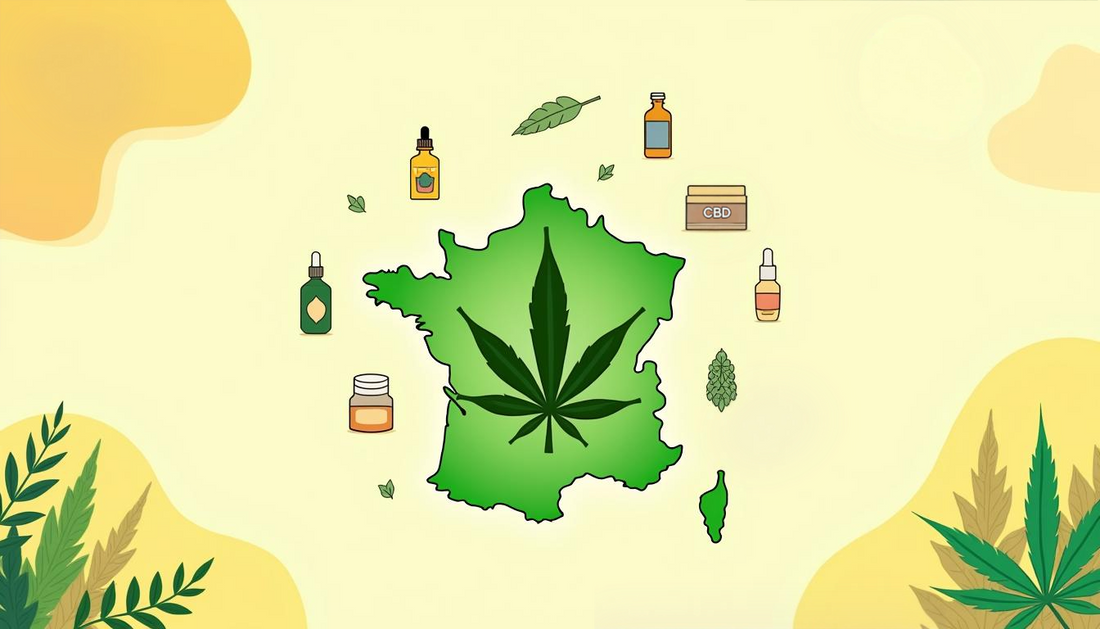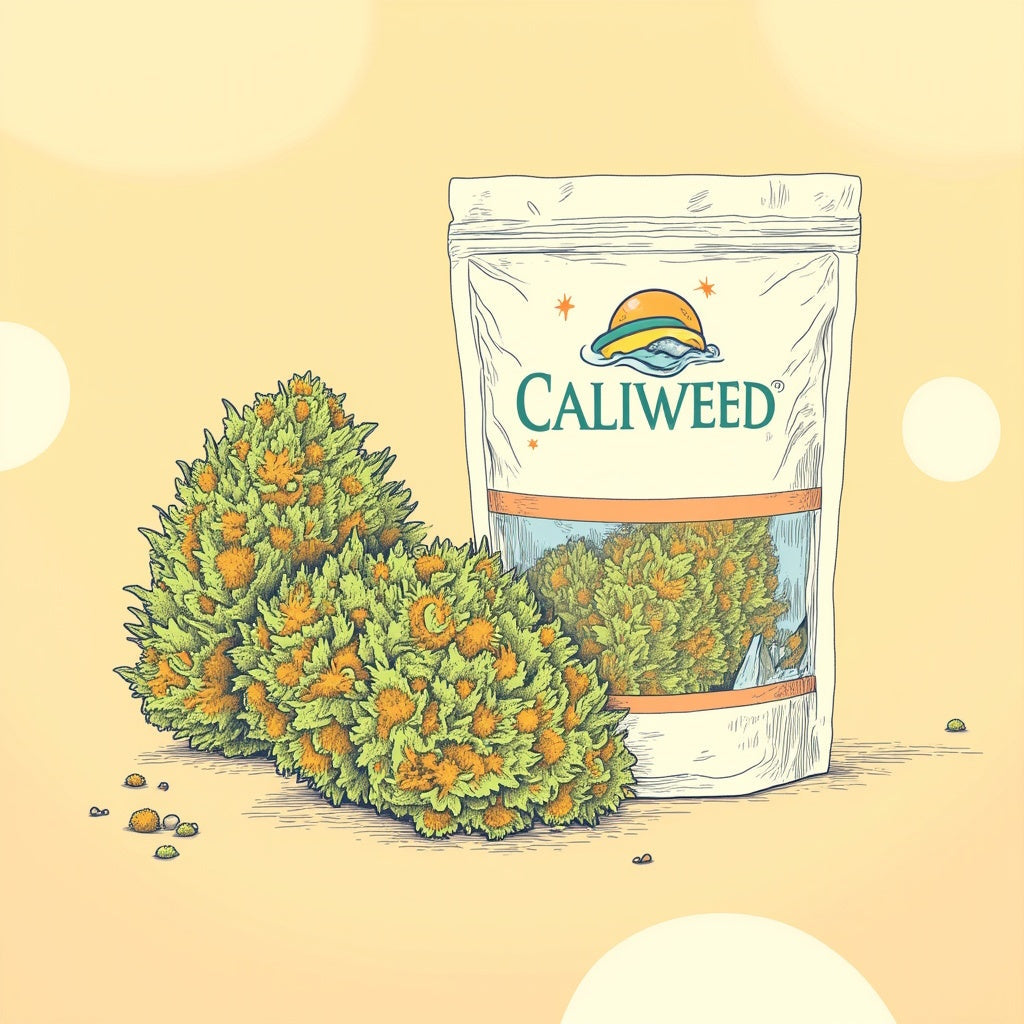
CBD in the UK
CBD in the UK
In this article, we will discuss the legislation relating to the cultivation and sale of CBD flowers in the UK to give you an overview of what is currently happening with regard to the legal framework of the CBD market in the UK.
CBD cultivation in the UK
Currently, CBD cultivation is permitted in the UK farmers, provided it is grown and harvested in open fields only. CBD cultivation in greenhouses and indoors is still prohibited, even though the entire sector would like to see a change in this regard.
In the eyes of the law, flower heads (the aerial part containing the terminal or apical inflorescence) are still considered waste and cannot be sold in the UK.
Some farmers are already defying this law by seeking other names for the flowers. Given the explosion in the market for CBD flowers in the UK from across Europe and even the United States, this seems only natural.
At present, it is therefore possible and above all legal to cultivate hemp in open fields for the purpose of marketing CBD products, provided that the CBD flowers are processed. You therefore obviously have to be a farmer for this and above all inventive.
The same applies to individuals: it is not illegal to grow CBD in the UK personal use. The THC content must comply with the law, i.e., less than 0.2%. However, you will need to refer to the official catalog of legal species and varieties in order to obtain seeds that are authorized for cultivation.
On July 21, 2021, the French Ministry of Solidarity and Health validated and notified, for validation (or invalidation) to the European Commission, a new decree concerning the application of Article R. 5132-86 of the Public Health Code for cannabis. It concerns the supervision of the hemp sector, both in terms of production and marketing.
For the moment, legislation on CBD in the UK somewhat unclear. However, there is a desire to clarify certain points, as our country is lagging behind many European countries that have already legislated in favor of CBD for several years. In addition, France is keen to maintain the ban on flower production.
This decree therefore does not go in the direction of French farmers who produce the flowers, while the latter could see their income increase if the legislation were to move in their favor. However, the current government does not hear it that way and absolutely wants the product to be processed. Farmers must therefore transform CBD flowers into CBD oils or CBD resin for example, which is not at all the same job and which is very expensive in processing equipment.
Legislation concerning the sale of CBD in the UK
Today, CBD in the UK official legislative framework. We are clearly in a gray area. Since CBD is not considered a drug, CBD stakeholders in the UK on European free trade laws, which is why many stores have sprung up across the country.
The French government has just sent a new decree, as explained above, to the European Commission this summer. The entire sector is therefore awaiting the commission's decision. If this decree is accepted, CBD will (finally) have a legal framework, but this law will not be to the liking of all CBD stakeholders in the UK. This text will therefore have to be validated by the commission, which reserves the right to reject all or part of its content.
The sale of CBD flowers in the UK
Comme évoqué plus haut, les boutiques se multipliant partout en France grâce au libre-échange européen. La France s’est vue dernièrement dans l’obligation de modifier sa législation visant à encadrer ce nouveau marché. Aujourd’hui il est tout à fait possible de vendre des fleurs et feuilles de chanvre contenant du CBD et un taux légal de THC (<0.2%) grâce à l’Europe (la France n’ayant aucune législation concernant ce sujet).
For reasons that remain unclear to those involved in the CBD industry in the UK, the country is proposing to ban the sale of CBD flowers and leaves, as well as any product containing them in their raw state (small CBD buds, but also mixtures of Trim CBD , etc.), explaining that it would be too difficult to differentiate CBD flowers from illegal cannabis (containing high or very high levels of THC).
The government would therefore accept that CBD operators in the UK resin, given that they want the product to be processed from flowers! These statements are inconsistent with the measures taken by successive governments in their actions against drugs, particularly in areas where most high-THC cannabis resin originates. These are reflections that could be described as inconsistent or even counterproductive.
If there were real arguments, we could debate, but at this level it is clearly dodging the issue. Once again, it is unthinkable that the state does not take the lead from countries that have taken the lead, such as Switzerland or even major world powers such as the USA or Canada.
in the UK, the CBD industry is thriving, but it was created without government support and without a clear and precise legislative framework. In addition to being a rapidly growing industry, it creates a huge number of jobs (from CBD cultivation to its sale in online and physical stores, not to mention its transformation into derivative products). It is therefore a real boon for France, which is of course already benefiting financially from this constant growth.
While awaiting the European Commission's decision, the CBD market in the UK to grow and will continue to do so. CBD, in all its forms, is a dietary supplement that is gaining more and more followers in the UK around the world.
The Cali Weed team

